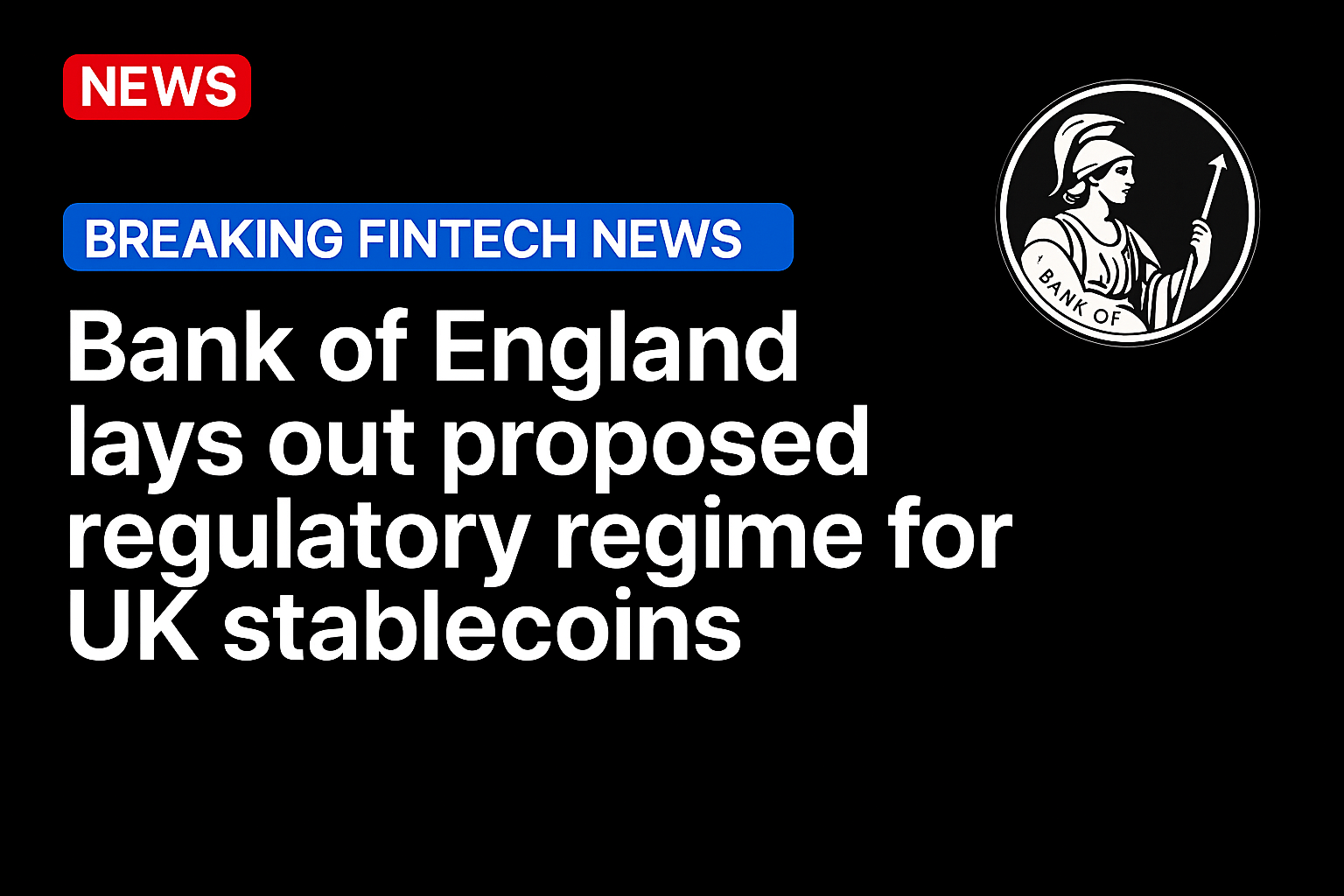
The Bank of England (BoE) has published a consultation paper detailing its proposed regulatory framework for sterling-denominated systemic stablecoins, representing what the central bank describes as “a significant step in preparing for a future where new forms of digital money may be widely used for payments alongside existing ones”.
The key policy proposals include allowing issuers of systemic stablecoins, which the central bank says “could be used for retail payments and wholesale settlement in the future”, to hold up to 60% of backing assets in short-term UK government debt, while the BoE will provide unremunerated accounts for the remaining 40%. New issuers deemed systemic from launch, or those transitioning from FCA oversight, will initially be permitted to hold up to 95% in government debt to “support their viability as they grow”, the BoE says.
Additionally, the BoE says it is “considering central bank liquidity arrangements to support systemic stablecoin issuers in times of stress”.
“These arrangements would reinforce financial stability by providing a backstop should systemic issuers be unable to monetise their backing assets in private markets,” it adds.
To protect credit access while the financial system adapts, the BoE also plans to impose temporary holding limits of £20,000 per coin for individuals and £10 million for businesses, though larger enterprises will be able to apply for higher thresholds.
Related:Singapore Gulf Bank taps Fireblocks to enhance digital asset infrastructure
The central bank explains that these limits will be removed “once the transition no longer poses risks to the provision of finance to the real economy” and will not apply to stablecoins used for wholesale financial market transaction settlements within the Digital Securities Sandbox.
According to the BoE, its regulatory scope will “not cover stablecoins used as assets for non-systemic purposes, such as the buying and selling of crypto-assets, which is the predominant use of stablecoins today”, with these activities remaining under FCA supervision.
The framework builds on feedback from the central bank’s November 2023 Discussion Paper and supports the UK government’s National Payments Vision and the Payments Vision Delivery Committee’s strategy to modernise retail payments.
Sarah Breeden, deputy governor for financial stability, describes the proposals as a “pivotal step towards implementing the UK’s stablecoin regime next year”, adding that the recommendations are “fit for a future where stablecoins play a meaningful role in payments, giving the industry the clarity it needs to plan with confidence”.
Moving forward, the bank will now consult on the framework until 10 February 2026, before finalising detailed codes of practice for systemic stablecoins later that year.
Source: https://www.fintechfutures.com/




